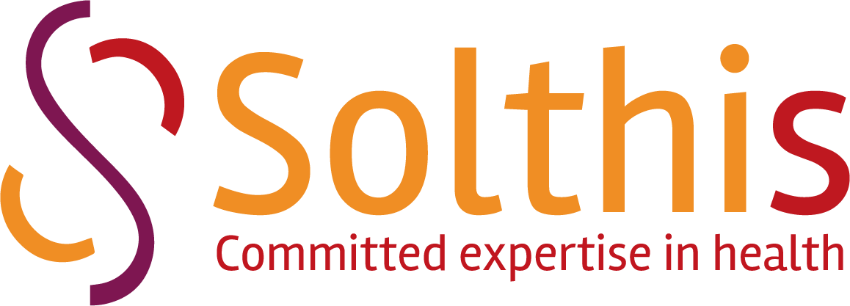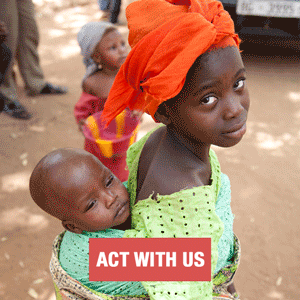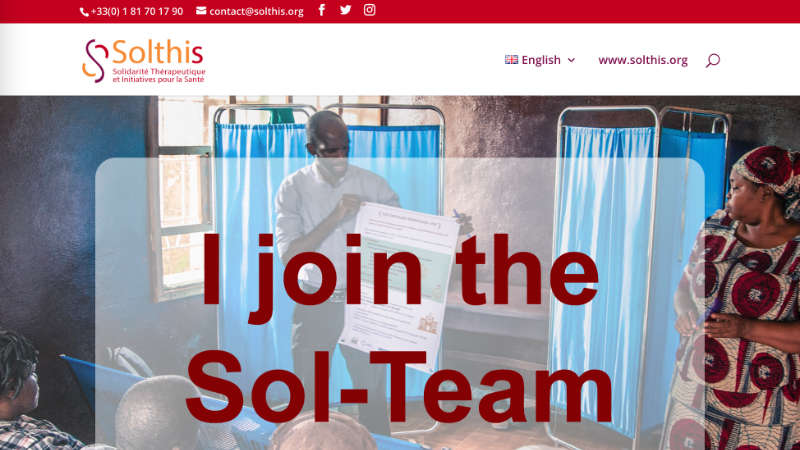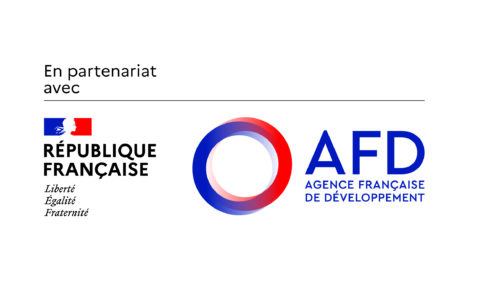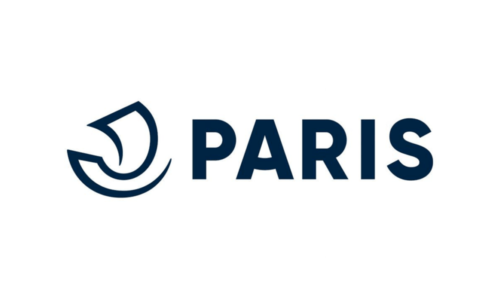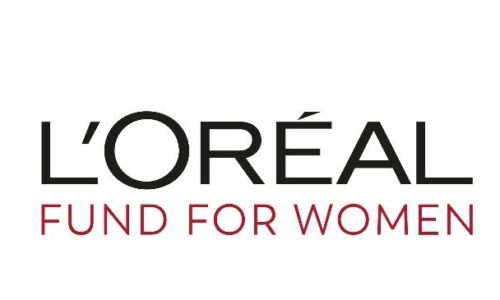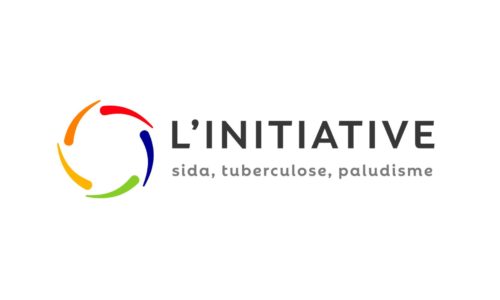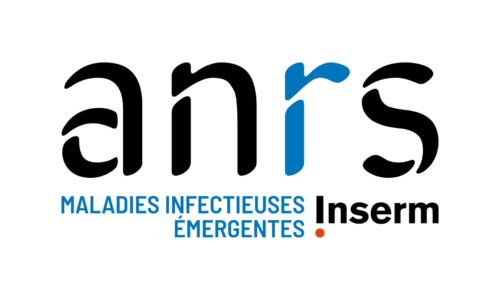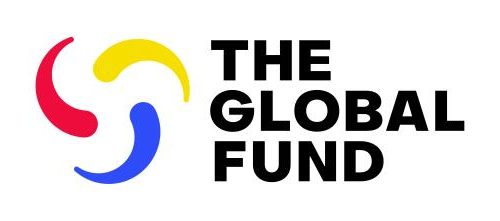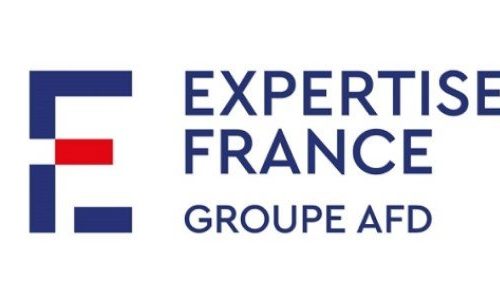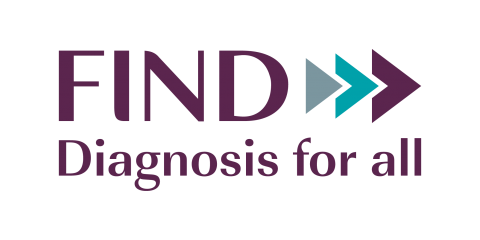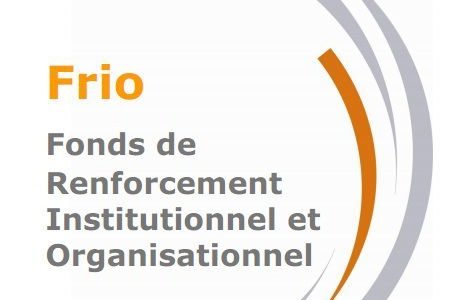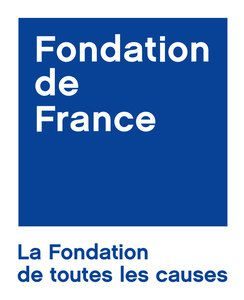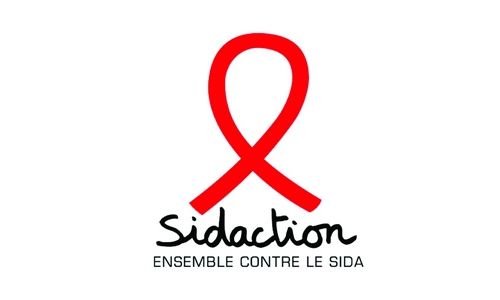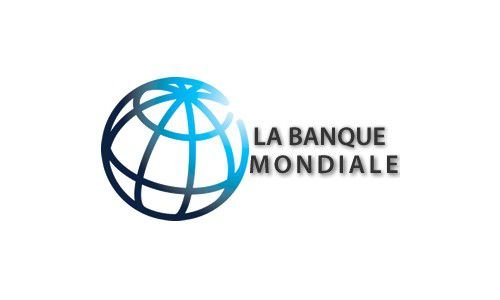MALINIGERSTRENGTHENING SYSTEMS AND HEALTH SERVICESFighting Covid-19
Identify, isolate, and manage Covid-19 cases to reduce pandemic-related morbidity and mortality
Watch the video of presentation (in french) down below :
Background
Since the beginning of the Covid-19 pandemic, African countries seem to be less affected, possibly due to the socio-demographic characteristics of the populations, with few elderly people and therefore carriers of chronic diseases at risk of developing severe forms. In Mali, 194,894
PCR tests have been performed since March 25, 2020, resulting in the diagnosis of 14,455 cases as of July 8, 2021, of which 5% were symptomatic, and 528 deaths. In Niger, as of August 16, 2021, only 5,724 cases have been confirmed and 196 deaths have been reported.
However, several seroprevalence studies in the subregion show that the number of cases is underestimated, due to the frequency of asymptomatic or pauci-symptomatic forms in a very young population, limited screening capacity, and insufficient triage to allow efficient screening. The PCR used until now is only performed in a few facilities and is only accessible to a limited number of patients. New screening techniques based on antigen detection represent an opportunity for the most peripheral facilities to detect, isolate and manage Covid-19 cases.
| Duration of the project : | 8 months (01/07/2021 – 28/02/2022) |
| Technical partners: | Ministry of Health of Niger, Ministry of Health and and Social Development of Mali, Medical and Health Research Centre |
| Beneficiaries : | Health facilities: 7 in Mali and 7 in Niger; health personnel: 50 in Mali, 30 in Niger; Mali: Ministry of Health; Niger: Ministry of Health and Medical and Health Research Centre |
| Source of funding: |
FIND |
| Countries of intervention: | Mali and Niger |
Goals
Screening is part of the first line of defense against Covid-19, allowing early identification and isolation of cases to slow transmission.
The ECOVAM – ECOVAN project aims to evaluate the operationalization of a Covid-19 screening strategy combining systematic triage and antigenic testing of patients with clinical suspicion of Covid-19 at different levels of the health pyramid. The results of this strategy should help generate evidence to authorities to integrate antigenic testing into the national strategy to improve the response to this pandemic.
The project also aims to assess the acceptability of this screening strategy by patients, caregivers and national officials and to model the cost-effectiveness of the strategy.
Activities and expected results
- Situational diagnosis of the use of antigenic tests (Ag-RDT) and the clinical diagnosis of Covid-19.
- Implementation of systematic triage and screening with antigenic tests (Ag-RDT) in targeted health facilities in Mali and Niger.
- Procurement of 10,000 antigenic test kits (Ag-RDT) in each country, with support for procurement and supply management and registration of antigenic tests (Ag RDT).
- Support for Ag RDT training programs to strengthen both the identification of eligible patients and the capacity of health care workers to perform the test.
- Evaluating the performance of this strategy in order to generate evidence that will allow authorities to integrate antigenic testing into the national strategy and thus improve the response to this pandemic.
- Support for the development of the national Covid-19 testing strategy: technical support will be provided to update the national recommendations for the Covid-19 test. The text of the
recommendations will be drafted in collaboration with the Ministries of Health, national stakeholders, WHO and FIND.
Associated contents
Posters on our actions against COVID The Union 2022
2022 | Posters
MALINIGERSTRENGTHENING SYSTEMS AND HEALTH SERVICESFighting Covid-19
During the Union Against Tuberculosis and Lung Disease Conference held from 8 to 11 November 2022, Solthis presented two posters on its actions against COVID19 through the ECOVAN and ECOVAM studies. Discover our poster on the ECOVAN study in Niger on this link Discover our poster on the ECOVAM study in Mali on this link
